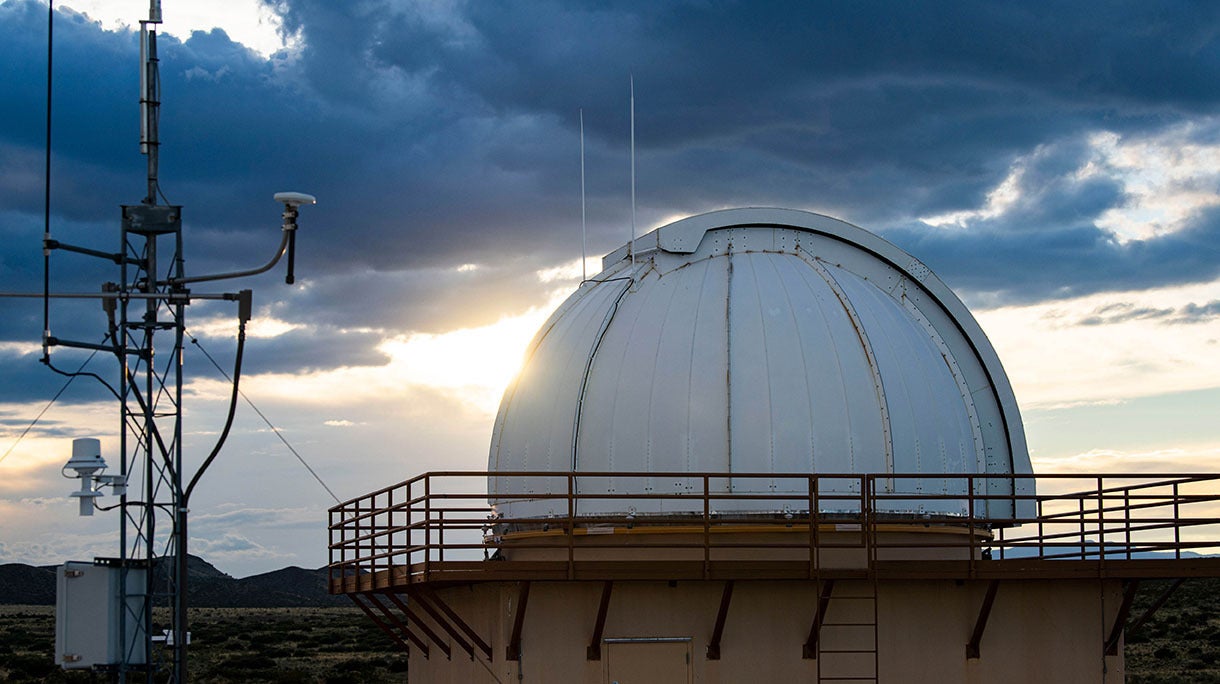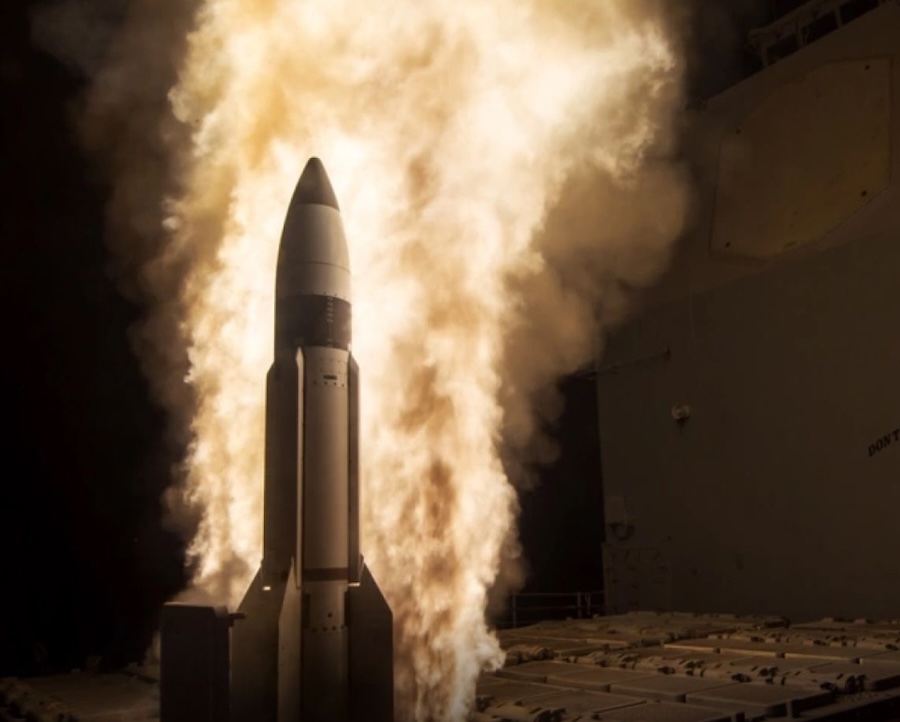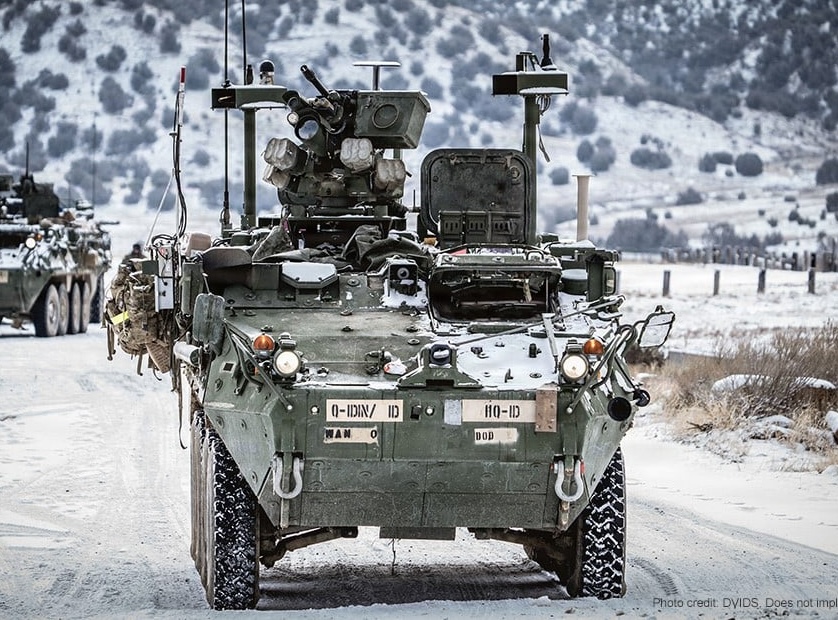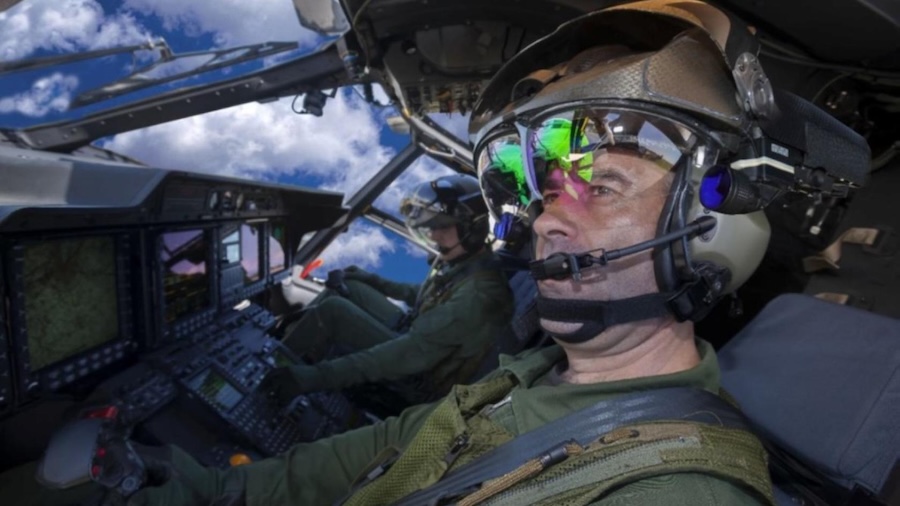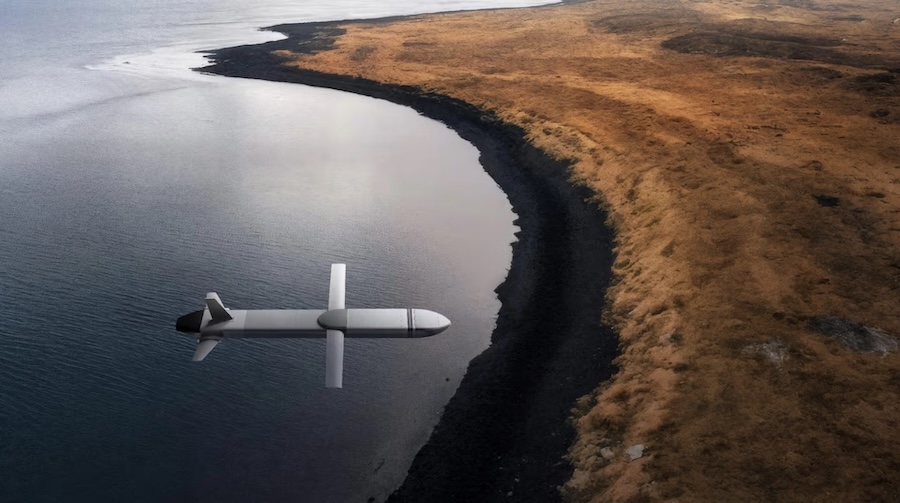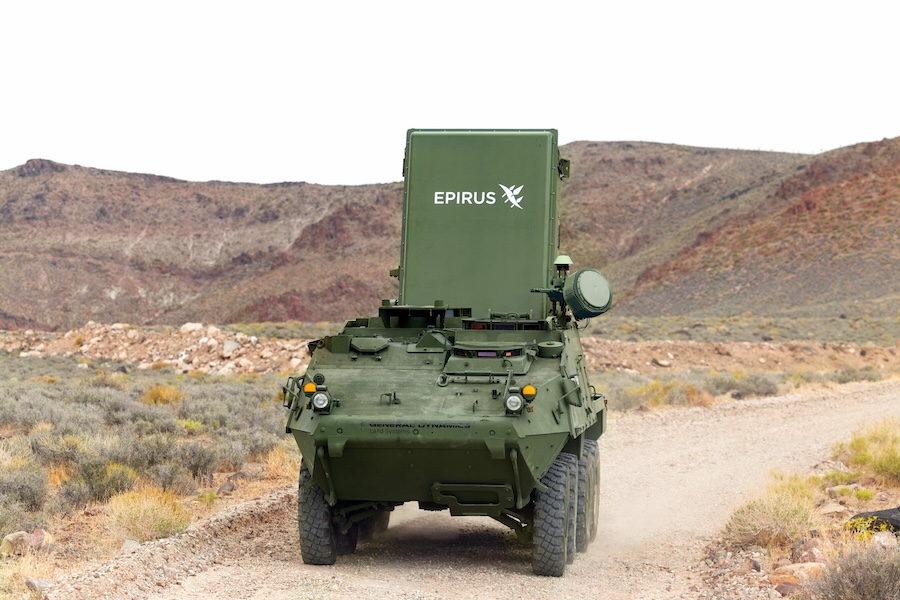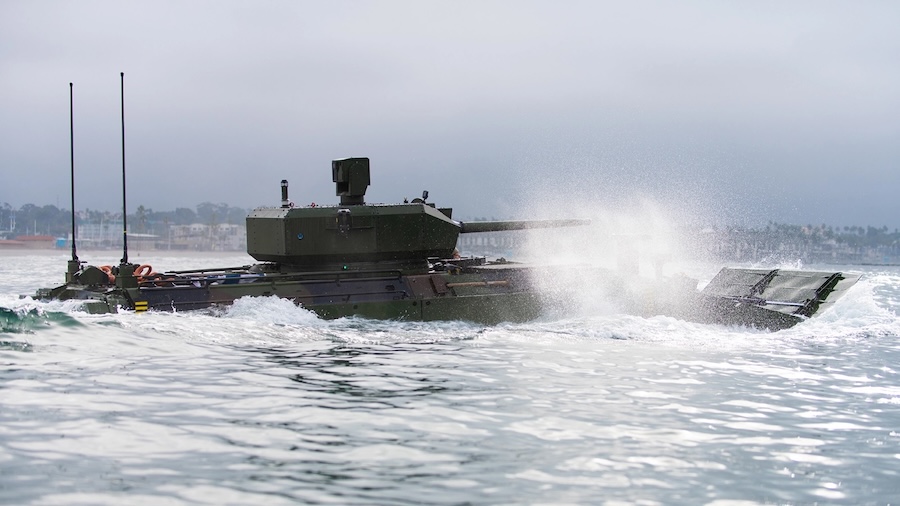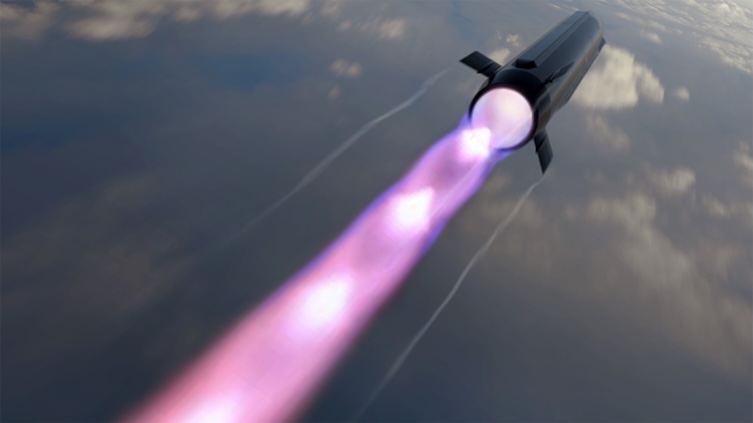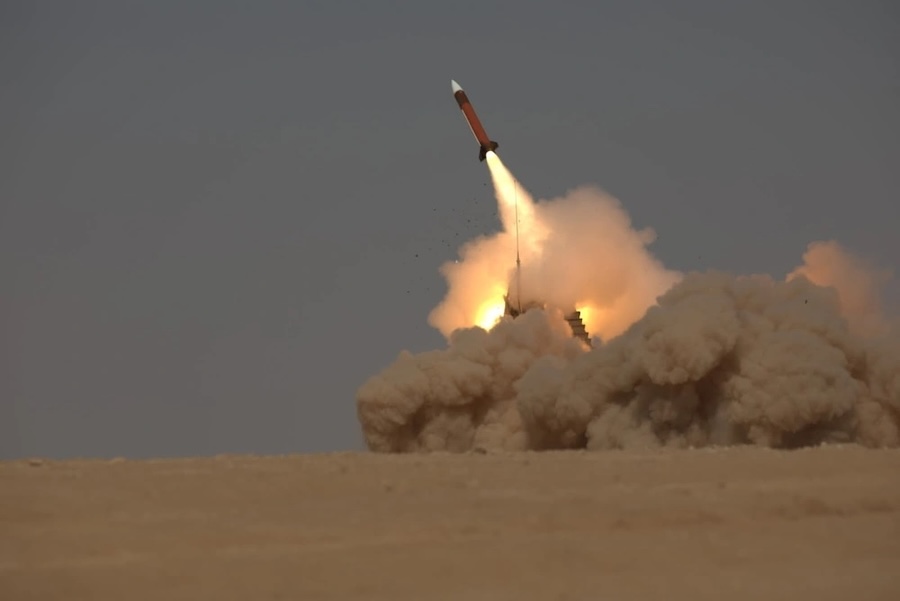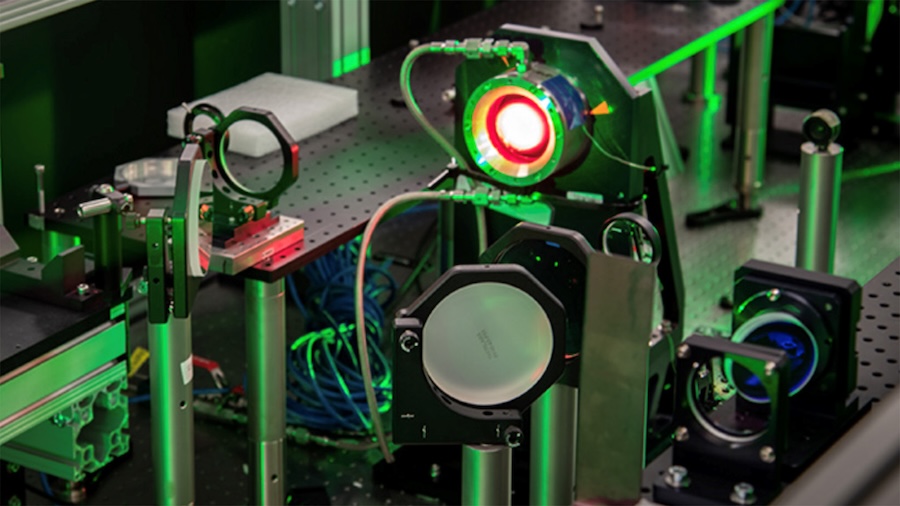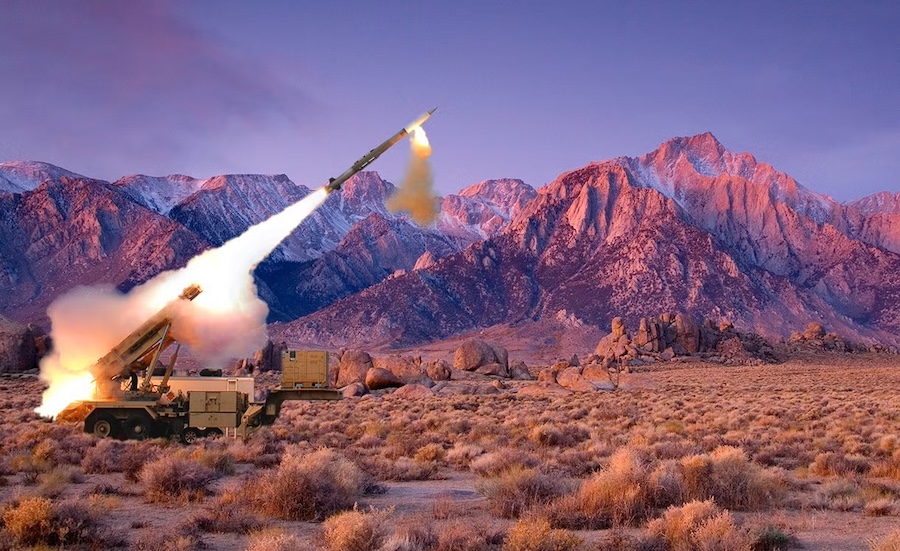The work was carried out under the Ground-Based Optical Sensor System (GBOSS) programme and significantly enhances the 35-year-old telescopes’ contribution to the Space Surveillance Network. The upgrades are designed to improve the Department of Defense’s space situational awareness by boosting capabilities to detect, track, and counter space-based threats.
“This successful operational acceptance highlights L3Harris’ commitment to advancing the nation’s Space Domain Awareness,” said Ed Zoiss, President of Space and Airborne Systems at L3Harris. “Upgrading these legacy telescopes enables expanded coverage of space, supporting the mission to deter conflict, defeat aggression and protect U.S. interests.”
L3Harris is continuing to deliver advanced Space Domain Awareness capabilities to the Department of Defense and other government agencies. These efforts aim to provide a technological edge in identifying and addressing emerging challenges in space.
As part of the ongoing GBOSS programme, L3Harris will next focus on upgrading similar telescopes based in Maui, Hawaii, later this year. This initiative reaffirms the company’s commitment to strengthening national space security.
“The GBOSS upgrade represents a leap forward in capability for the joint warfighter,” said Colonel Barry Croker, Commander of Mission Delta 2 – Space Domain Awareness, U.S. Space Force. “This upgrade will further enhance the space domain awareness data Mission Delta 2 Guardians provide to inform decision making, orient fires, and enable maneuvers across all military service domains.”
L3Harris is also advancing technology through key contracts such as the Maintenance of Space Situational Awareness Integrated Capabilities and the Advanced Tracking and Launch Analysis System. These initiatives ensure that U.S. forces retain critical tools and information to maintain space superiority and protect national security.


